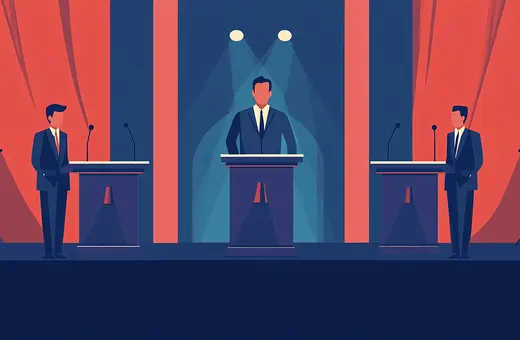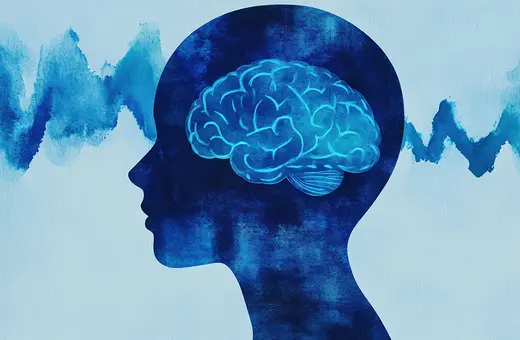With the US election imminent, we view who to vote for as one of the most important choices in our lives. But, writes John T. Jost, whether liberal or conservative, our political affinities as adults can be predicted from early childhood. American and global studies show that temperament and psychological traits such as threat sensitivity correlate with ideological divides. A mix of nature and nurture means our political beliefs are at least partly heritable – though not inevitable.
Gilbert and Sullivan’s comic opera Iolanthe included the celebrated refrain ‘Every boy and every gal, That’s born into the world alive, Is either a little Liberal, Or else a little Conservative!’ There is, as it turns out, a grain of truth in this one-hundred-and-sixty-year-old song. It is certainly not the case that people are destined to occupy the political left, right, or center in any inevitable sense, but events that are set into motion in childhood, adolescence, and beyond do indeed shape our political orientations, whether we like to admit it or not.
Sigmund Freud believed that our basic personalities are more or less settled by the age of five. Contemporary research psychologists would probably not put such a fine point on it, but there can be little doubt that early experiences create path dependence, shaping subsequent developments, which create a kind of snowball effect in which correlated traits accumulate and manifest themselves in all areas of human behavior, including social and political behavior. The ontogenetic origins of our ideological orientations, in other words, begin in childhood, as vague hints and traces that, through subsequent experiences and social interactions, develop much later into full-fledged convictions for which people, in some cases, are willing to risk their lives—and the lives of others—for, as pro-Trump insurrectionists did on January 6, 2021, in Washington, DC.
Let us begin at the beginning. Between 1969 and 1971, conjugal scientific collaborators, Jack and Jeanne Block, visited two nursery schools in Berkeley and Oakland, CA, and asked a group of 6 teachers to provide independent evaluations of the cognitive, social, and personality characteristics of each of the 3- and 4-year-olds under their care. The researchers pooled the 6 teacher evaluations, which were in concordance with one another, to estimate the children’s traits, and then stayed in touch with the families for 20 years.
Around 1989, when the kids turned 23 years of age, 95 of them (from an initial group of 128) completed surveys that included lots of questions about their political beliefs, opinions, and values. The researchers discovered that the boys and girls who were rated by their nursery schoolteachers as more independent, self-reliant, resourceful, and confident turned out to hold more liberal or progressive attitudes at age 23, whereas the children who were rated as more anxious, guilty, and stressed expressed more conservative attitudes at age 23. Many people, even in psychology, found it shocking that childhood temperament could predict political orientation in adulthood.





















Join the conversation